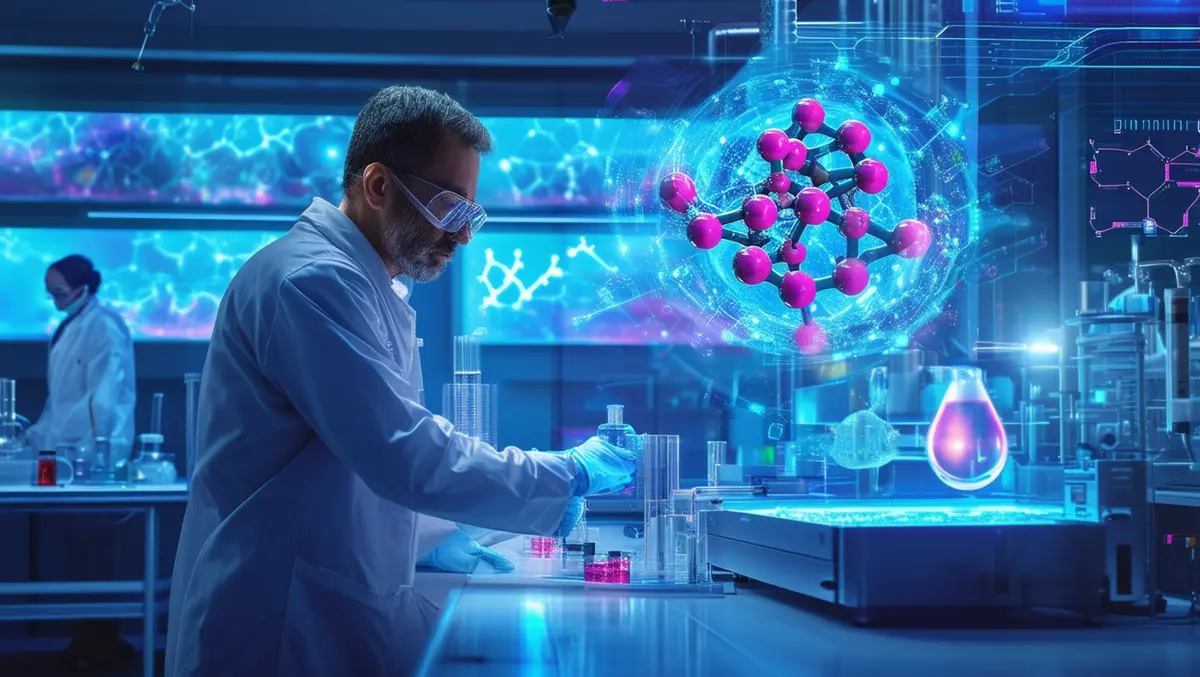
Scientists utilise AI to revolutionise cryoprotectant discovery
Scientists from the University of Warwick and the University of Manchester have developed a machine learning program that enhances the freezing process of medicines and vaccines.
Treatments such as vaccines, fertility materials, blood donations, and cancer therapies often require rapid freezing to maintain their effectiveness. The necessary molecules in this process, known as cryoprotectants, are crucial for enabling these treatments. Without cryopreservation, these therapies must be deployed immediately, which limits their availability for future use.
The breakthrough, detailed in the journal *Nature Communications*, allows for the virtual testing of hundreds of new molecules via a machine learning-based, data-driven model. Prof. Gabriele Sosso, who led the research at Warwick, emphasised the multidimensional approach of the study. "It's important to understand that machine learning isn't a magic solution for every scientific problem. In this work, we used it as one tool among many, and its success came from its synergy with molecular simulations and, most importantly, integration with experimental work," he said.
This innovative approach signifies a departure from the traditional, costly and time-consuming trial-and-error methods currently used in the discovery of cryoprotectants. The research team identified a new molecule capable of preventing the growth of ice crystals during freezing. Ice crystal growth during both freezing and thawing presents a significant challenge in cryopreservation because while existing cryoprotectants are effective in protecting cells, they do not prevent ice crystals from forming.
The team utilised computer models to analyse expansive libraries of chemical compounds, pinpointing those most effective as cryoprotectants. Dr Matt Warren, a PhD student who played a pivotal role in the project, remarked, "After years of labour-intensive data collection in the lab, it's incredibly exciting to now have a machine learning model that enables a data-driven approach to predicting cryoprotective activity. This is a prime example of how machine learning can accelerate scientific research, reducing the time researchers spend on routine experiments and allowing them to focus on more complex challenges that still require human ingenuity and expertise."
In addition to the model's predictive capabilities, the team conducted experiments using blood, demonstrating that the amount of conventional cryoprotectant required for blood storage could be reduced by adding the newly discovered molecules. This advance could hasten the post-freezing blood washing process, allowing blood to be transfused more quickly.
These findings carry the potential to speed up the discovery of new, more efficient cryoprotectants and may also facilitate the repurposing of molecules already known to slow or stop ice growth. Prof. Matthew Gibson from the University of Manchester highlighted the significance of the collaboration, saying, "My team has spent more than a decade studying how ice-binding proteins, found in polar fish, can interact with ice crystals, and we've been developing new molecules and materials that mimic their activity. This has been a slow process, but collaborating with Prof. Sosso has revolutionized our approach. The results of the computer model were astonishing, identifying active molecules I never would have chosen, even with my years of expertise. This truly demonstrates the power of machine learning."


